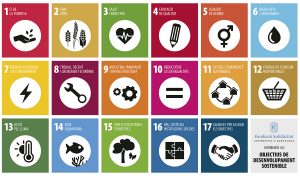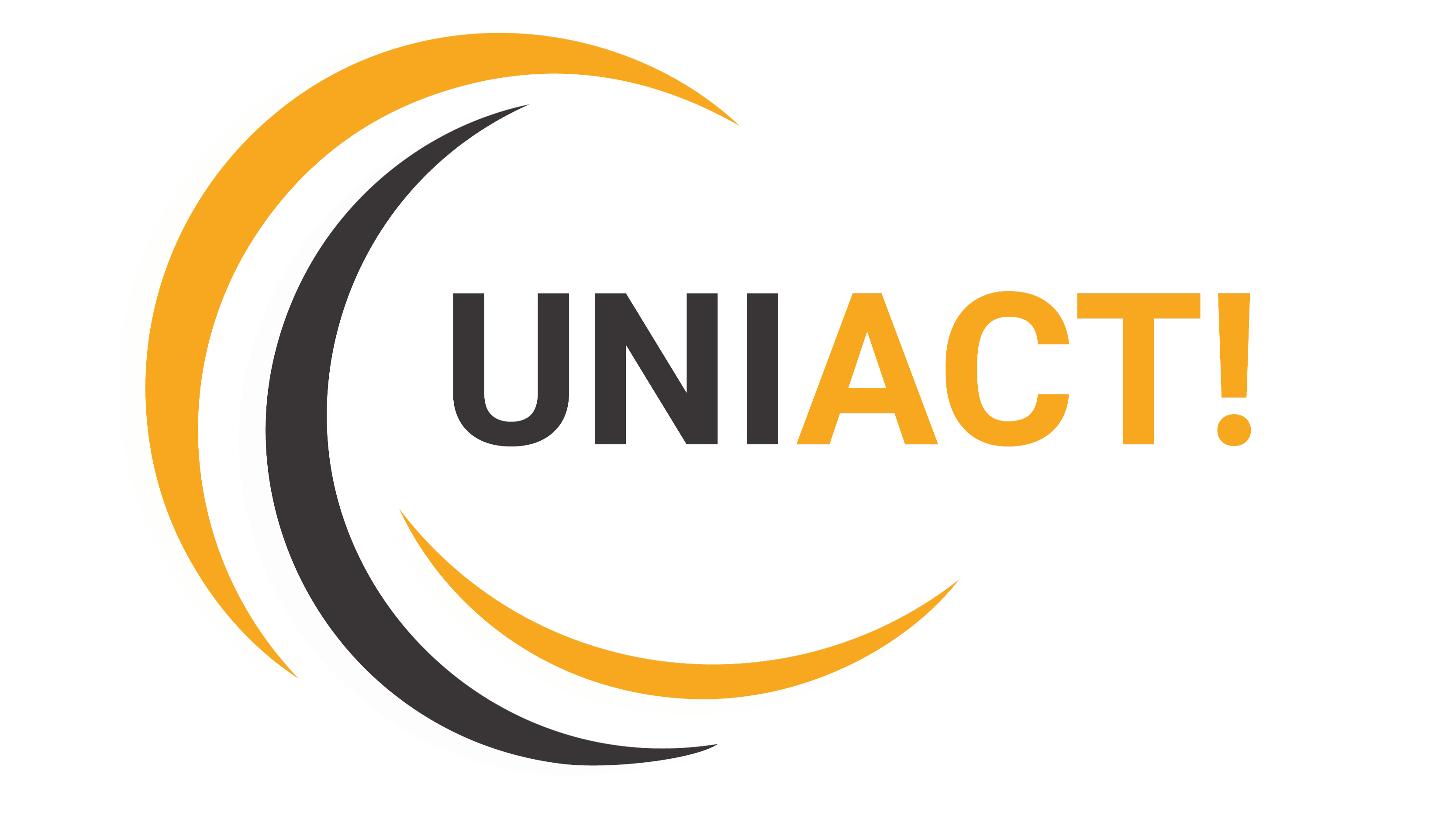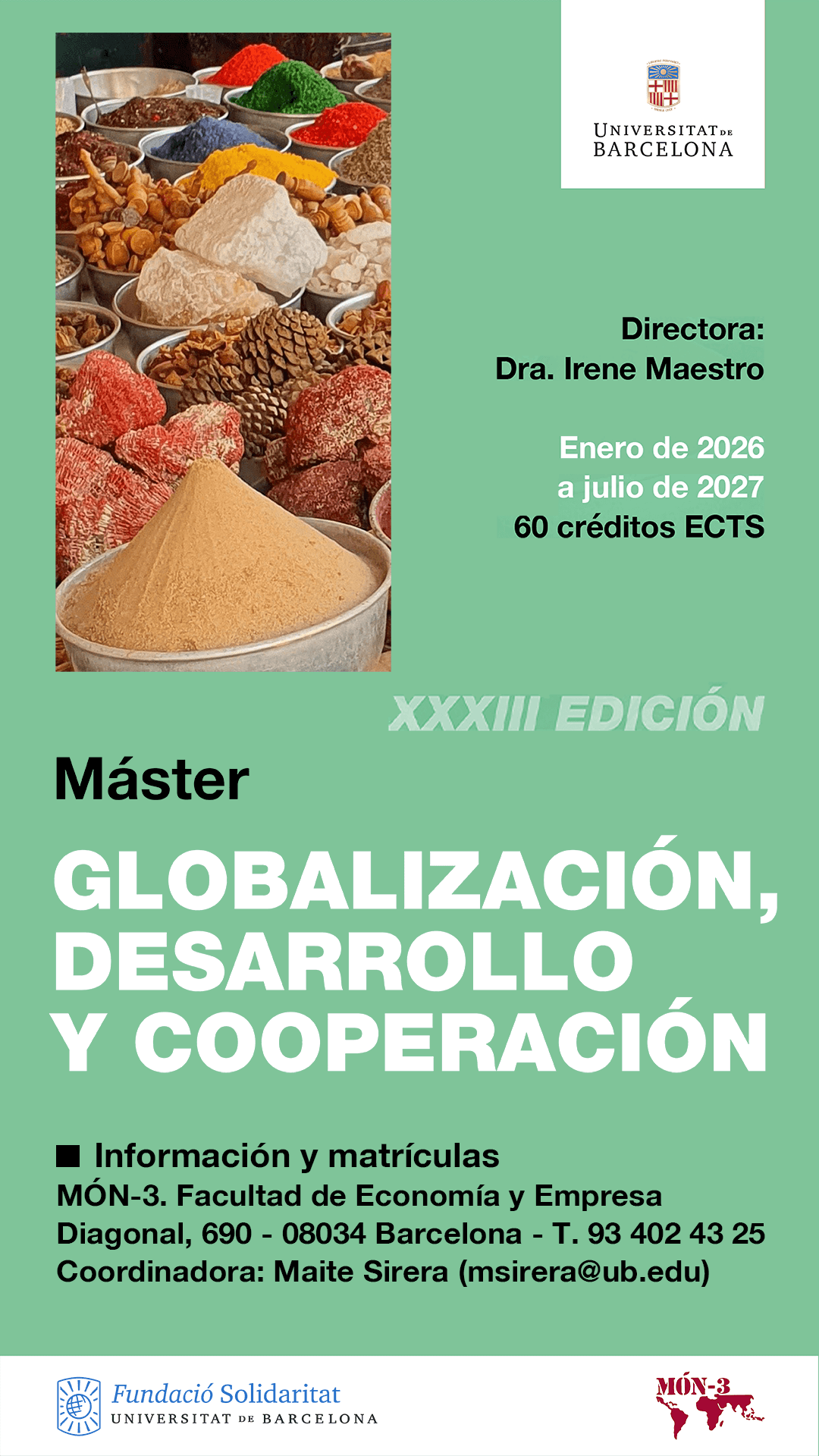[In English, below]
La taxa global d’accés a les universitats és del 36 per cent; però, en el cas de les persones refugiades, es redueix al 3 per cent.
Per canviar aquesta situació, l’Agència per a les Persones Refugiades de Nacions Unides (ACNUR) s’ha compromès a garantir que el 15 per cent de les dones i homes joves refugiats puguin accedir a l’educació superior l’any 2030. És l’anomenat objectiu 15by30.
La Universitat de Barcelona, dins de les seves accions de responsabilitat social, igualtat i cooperació, contribueix a aquest objectiu des de l’any 2015 mitjançant el Programa de Suport a Persones Refugiades i Procedents de Zones en Conflicte. En el marc del programa, es realitza un curs de transició als estudis universitaris que rep, anualment, 15 joves de zones en conflicte. Més enllà d’una beca per estudiar, el programa proporciona un suport integral a aquestes persones en la línia de les anomenades vies segures complementàries al reassentament en tercers països.
Vídeo documental “Universitat refugi” (Nanouk Films, 2019)
Durant el curs 2019-2020, com totes les activitats acadèmiques, el Curs de transició a la universitat s’ha vist afectat per les mesures adoptades per controlar els efectes de la pandèmia de la #Covid19. Dos dels joves seleccionats pel programa no han pogut viatjar malgrat tenir els visats d’estudi tramitats. Tres estudiants no han pogut concloure els tràmits de sol·licitud dels visats. I els deu estudiants que han arribat a Barcelona han hagut d’afrontar-se al confinament al mateix temps en què començaven un projecte de reconstrucció de vida en una nova societat d’acollida. Tot l’alumnat del curs ha pogut seguir les classes virtuals, però en condicions força diferents.
El 20 de juny, Dia Internacional de les Persones Refugiades, compartirem algunes de les seves històries i primeres impressions a Barcelona amb l’objectiu de visibilitzar les realitats dels joves refugiats, particularment d’aquells que han apostat per seguir una trajectòria universitària a Barcelona. L’acció se suma a les activitats d’àmbit local desenvolupades tant per Barcelona Ciutat Refugi com per nombroses entitats, així com a la campanya global d’ACNUR, que enguany té com a lema “Tota acció compta“.
Els testimonis dels estudiants de l’actual promoció es difondran sota l’etiqueta #UBRefugi2020. S’acompanyaran d’una sèrie de fotografies del camp de refugiats de Mòria, a Lesbos, preses el novembre de 2019 per la coordinadora del programa, Cati Jerez, durant una visita de treball. El camp és un dels llocs més representatius de l’impacte de la manca de polítiques de protecció dels drets humans de persones migrades i refugiades.
En aquest context, també us convidem a recuperar el seminari web sobre camps de refugiats de la sèrie “Solidaritat i Drets Humans en temps de Covid 19”. La sessió, realitzada l’11 de maig de 2020, va comptar amb la participació de la portaveu i responsable de comunicació de l’Agència de l’ONU per als Refugiats (ACNUR) a Espanya, María Jesús Vega Pascual; l’advocada del Lesbos Legal Center Lorraine Lette; i el testimoni de l’estudiant Roger Subira, que segueix el Curs de transició a la universitat des del camp de Rwamanja, a Uganda.
#UBRefugi2020
#RefugeeDay
#PersonesRefugiades
World Refugee Day
The global rate of enrollment at universities is of 36 percent, but only 3 percent of refugees have access to higher education.
To change this situation, the United Nations High Commissioner for Refugees (UNHCR) has committed to ensuring that 15 percent of young refugee women and men can access the benefits of higher education by the year 2030. It’s the so-called 15by30 target.
The University of Barcelona, within its actions of social responsibility, equality and cooperation, has been contributing to this goal since 2015 through the Support Program for Refugees and People from Conflict Areas. As part of the program, a transition course to university studies is held, which annually receives 15 young people from conflict areas. Beyond a scholarship to study, the program provides comprehensive support to these people in the line of so-called safe pathways complementary to resettlement in third countries.
Documentary video “Universitat refugi” (Nanouk Films, 2019)
During the 2019-2020 academic year, like all academic activities, the University Transition Course has been affected by the measures taken to control the effects of the #Covid19 pandemic. Two of the young people selected for the program were unable to travel despite having their study visas processed. Three students have not been able to complete the visa application process. And the ten students who have arrived in Barcelona have had to deal with confinement at the same time as they began a project to rebuild life in a new host society. All the students of the course have been able to follow the virtual classes, but in quite different conditions.
On June 20, International Refugee Day, we will share some of their stories and first impressions in Barcelona with the aim of making visible the realities of young refugees, particularly those who have opted to pursue a university career in Barcelona. The action is in addition to the local activities carried out both by Barcelona Ciutat Refugi and by numerous entities, as well as the UNHCR global campaign, which this year has as its motto “”All action counts“.
Testimonials from students in the current class will be posted under the hashtag #UBRefugi2020. They will be accompanied by a series of photographs of the Moria refugee camp in Lesbos, taken in November 2019 by the program coordinator, Cati Jerez, during a working visit. The camp is one of the most representative places of the impact of the lack of policies to protect the human rights of migrants and refugees.
In this context, we also invite you to retrieve the webinar on refugee camps in the series “Solidarity and Human Rights in the Time of Covid 19”. The session, held on 11 May 2020, was attended by the spokesperson and head of communications of the United Nations High Commissioner for Refugees (UNHCR) in Spain, María Jesús Vega Pascual; Lesbos Legal Center lawyer Lorraine Lette; and the testimony of student Roger Subira, who is taking the University Transition Course from the Rwamanja camp in Uganda.
















